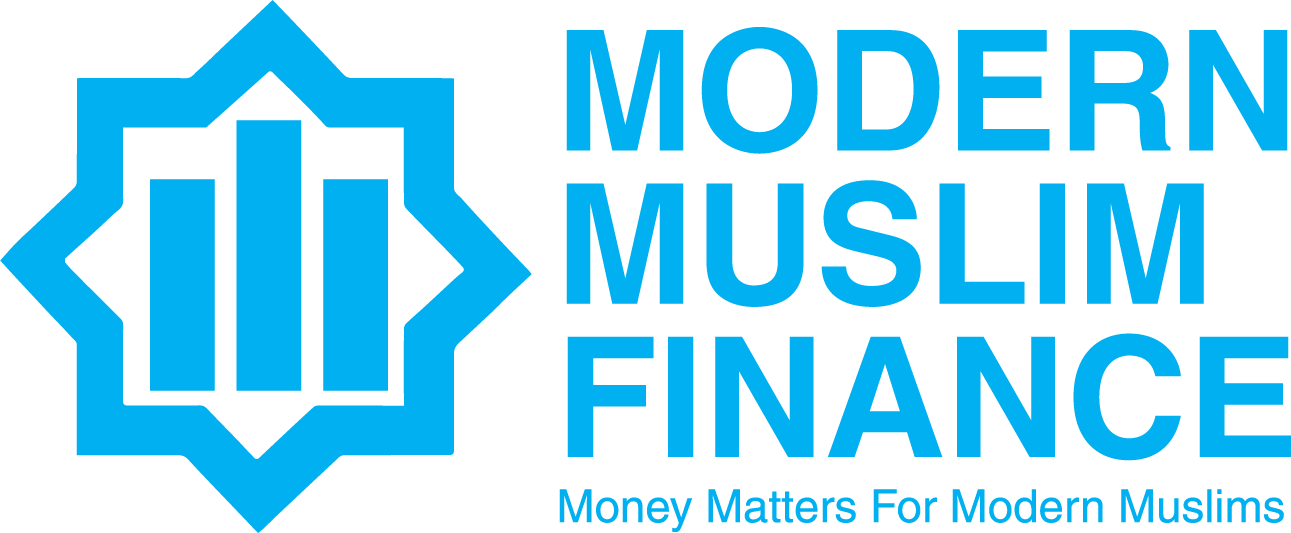Blog

Investment-Linked Policies (ILPs): Why I Urge Caution for Muslim Families in Singapore
Assalamu'alaikum everyone,
In the world of financial products here in Singapore, Investment-Linked Policies (ILPs) often pop up. They promise the convenience of combining life insurance protection with investment growth potential in one package. It sounds appealing, doesn't it? A potential 'two-in-one' solution for your financial planning needs.
However, from my experience helping Muslim families achieve their financial goals through Modern Muslim Finance (MMF), I believe ILPs require significant caution. We need to look beyond the surface marketing and understand if these complex products truly align with our Islamic principles and our practical financial well-being in Singapore.
The Halal Question: A Major Hurdle for ILPs in Singapore
The first, and perhaps biggest, issue for us is Shariah compliance. You might be told that you can choose Halal or Shariah-compliant sub-funds within an ILP. That's positive, but it often overlooks a critical point: the underlying insurance policy structure itself.
Unless the ILP is specifically structured and clearly labelled as a Takaful plan, the conventional ILPs widely offered in Singapore are based on conventional insurance contracts. This involves elements that may not align with Shariah principles (like uncertainty/Gharar, gambling/Maisir elements in risk pooling, and potentially Riba in the insurer's general fund investments). Choosing Halal sub-funds within a conventional insurance structure is, in my view, like wrapping bacon around a piece of halal chicken – the wrapper itself makes it non-Halal for consumption.
While there is currently one Takaful ILP available in the Singapore market (from Etiqa) which addresses the structural issue and offers Halal funds, the vast majority you'll encounter are conventional. This structural non-compliance is a fundamental concern for Muslims seeking Halal financial solutions.
Unpacking the "Benefits": Flexibility & Costs Under Scrutiny
ILPs are often marketed based on flexibility and investment potential. Let's examine these claims more closely:
1. Flexibility? Think Again: You might hear about switching funds within the ILP. But true flexibility means control over your cash flow and decisions. With direct investments like Halal Unit Trusts or Shariah-compliant ETFs (available through platforms like FSMOne.com, often with 0% sales charges), you have the freedom to "start, stop, top up, withdraw anytime" based on your life's changing circumstances. ILPs, however, typically lock you into a premium payment term. If life throws a curveball – say, unexpected job loss – you can't just pause contributions easily without penalty. Stopping premiums often leads to high charges eroding your investment value, or the policy lapsing altogether, potentially losing everything you've invested. This lack of liquidity is a major drawback compared to direct investing.
2. High Costs Erode Returns: ILP fees in Singapore can be significant and layered. There can be initial sales charges (sometimes up to 5%!), ongoing fund management fees, policy administration fees, and critically, insurance charges (cost of insurance) that increase as you get older, eating into your investment units. These costs directly reduce your potential investment returns over the long term. Compare this to buying Halal unit trusts directly with potentially 0% sales charges – the impact of lower fees on long-term growth can be substantial.
Bundling: Why Compromise Your Protection and Growth?
ILPs combine insurance and investment. My question, aligned with seeking clarity in financial planning, is: why should you compromise on either?
* Insurance is for Protection: Its primary purpose is clear – to provide a financial safety net for your loved ones if something unforeseen happens to you. You need adequate coverage for this specific need.
* Investment is for Growth: Its primary purpose is different – to grow your wealth over the long term to meet crucial goals like funding your children's education or achieving a comfortable retirement.
Bundling them in an ILP often means compromising. You might get insufficient protection, or your investment growth could be significantly hampered by the high costs and insurance charges deducted from your funds. Worse still, if you face difficulties and lapse on payments, you risk losing both your protection and your accumulated investments.
Investment Ineffectiveness
Frankly, due to the typically high fees, lock-in periods, and sometimes limited choice of genuinely competitive Shariah-compliant funds within the ILP structure, I find ILPs generally ineffective as a primary tool for building wealth through investments compared to more direct, transparent approaches.
The "Discipline" Myth & The Very Niche Use Case
Some argue ILPs enforce saving discipline. But as mentioned, life's unpredictability (like job loss) can turn this forced 'discipline' into a severe financial burden, potentially leading to policy termination and significant loss of premiums paid.
The only scenario where I might see a specific type of ILP (usually a '101' plan with minimal insurance charges) being considered is for very specific estate planning purposes in Singapore, particularly for distributing assets via insurance nomination when other Shariah-compliant tools like a Wasiat or Hiba might not be suitable for that particular objective.
The Modern Muslim Finance (MMF) Approach: Clarity and Control
Our Modern Muslim Finance (MMF) approach, structured around the '5 I's of Islamic Finance' (Income, Insurance, Investing, Independence, Inheritance), emphasizes clarity, purpose, and effectiveness. When evaluating ILPs, we assess them primarily against the 'Insurance' and 'Investing' pillars. Our recommendation typically aligns with keeping these distinct for optimal results:
1. Secure Separate Protection: Get adequate Takaful (or basic term insurance if suitable Takaful isn't readily available) designed purely for protection. Ensure your 'Insurance' pillar is solid and cost-effective.
2. Invest Directly & Flexibly: Build your 'Investment' pillar using cost-effective platforms to invest in Halal Unit Trusts, Shariah-compliant ETFs, or other suitable instruments. This gives you transparency, control, and the true flexibility needed to adapt to life's changes.
Take Control of Your Financial Future
Be cautious with ILPs. Understand the underlying structure (is it truly Takaful?), scrutinize the full costs involved over the entire policy term, and recognise the limitations on flexibility and liquidity. For most Muslim families in Singapore, separating your protection and investment needs almost always provides better value, greater control, enhanced transparency, and potentially better long-term outcomes.
Feeling unsure about an existing ILP or want to explore clearer, Shariah-compliant alternatives tailored to your specific goals? Let's chat. Making informed decisions is key to building a secure financial future aligned with your faith.
➡ You can book a complimentary 30-minute consultation with me to discuss your situation here: https://modernmuslim.finance/contact-us
Important: The information and opinions in this article are for general information purposes only. They should not be relied on as professional financial advice. Readers should seek independent financial advice customised to their specific financial objectives, situations & needs.
Disclaimer: This advertisement or publication has not been reviewed by the Monetary Authority of Singapore.
Address:
114 Lavender Street, #07-83 CT Hub 2,
Singapore 338729
Email:
[email protected]
WhatsApp:
+65 8952 8511
Website:
modernmuslim.finance








